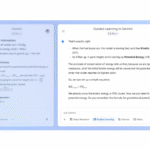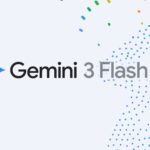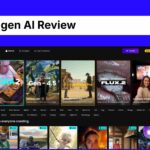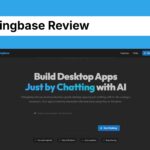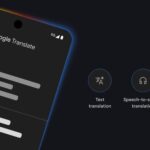AI company ElevenLabs has rolled out a new service called Eleven Music that allows users to generate original songs from text prompts.
These are songs that are geared toward commercial use, so, for example, in a movie, game, or app.
By entering just a few words, users can sequel forth a detail of flavor music, complete with lyrics and vocals.
A user might say “a smooth jazz song from the 60s with relaxing lyrics for a Friday afternoon” and the AI would create the song in minutes.
The company has been running a private beta for the platform for a while now. Around two dozen early users have used the tool to generate music for things like podcasts and video games, according to the Wall Street Journal.
Unlike Dall-E, ElevenLabs refuses to share who these users are, perhaps not wanting publicity on the use of AI in the creative space.
To secure legal access to this music, ElevenLabs has teamed up with Merlin Network and Kobalt Music Group, two major digital rights agencies focusing on independent music labels.
According to the company, all of the training data used for the generative AI model was appropriately licensed.
Mati Staniszewski, co-founder and CEO, says that in the future their goal is to partner with major music labels. He also stated that the AI was trained only on material that they had the rights to use.
Given that, this may help ElevenLabs dodge the kind of lawsuits that have faced other music-focused AI startups like Suno and Udio, which allegedly trained their models on copyright songs.
ElevenLabs is already famous for its state-of-the-art AI voice tools, such as a news app that reads articles in AI voices of celebs like Judy Garland and James Dean.
But that does not mean its tools are always used appropriately as in the case of a robocall where an AI-generated voice claiming to be that of President Joe Biden urged voters to skip an election.
The new launch also represents a significant pivot for ElevenLabs, whose efforts so far have mostly concentrated on text-to-speech technology and tools for voice translation.
In addition, the company dropped a few demo tracks produced through its music-making AI. For instance, one showcases an AI with a computer-generated rapping voice reflecting on personal issues and dreams mimicking the cadence and idiom of Dr. Dre or Kendrick Lamar.
This has triggered worries on how close AI music can get to life like stories and cultures.
The Recording Industry Association of America (RIAA) sued AI music companies Suno and Udio last year, claiming that they used songs and other content protected by copyright to train their models. Such lawsuits have led various AI firms to pursue appropriate license agreements.
This led ElevenLabs to clinch some deals with Merlin, then later Kobalt. These agencies, which rep top artists such as Adele, Mitski, Bon Iver, Childish Gambino, and Phoebe Bridgers according to their websites. But music released by Artists who opt-in only will be part of the training data.
With ElevenLabs now moving into music generation, it is merely a commentary on how AI is fast penetrating the creative space.
As tools like Eleven Music grow more widely available, however, issues of originality, fairness and copyright are sure to remain hot topics of discussion.




